Earlier, on September 25, US President Donald Trump announced that a new 100% tax on any “branded or patented” pharmaceutical product would take effect from October 1 - unless a company is building a manufacturing plant in the US.
Industry players in Singapore are monitoring the situation and are concerned about the knock-on effects.
Medical research organization Hilleman Laboratories said it does not expect a direct impact on its operations in Singapore, but warned of the potential for spillover effects as the interconnected nature of global supply chains could have knock-on effects. Hilleman Laboratories added that tariffs pose a risk of increased costs, which could impact affordability and create access challenges, especially for vulnerable populations. Changes in trade policy could impact progress, sourcing, and partnerships.
Biotechnology company BioNTech said it was "closely monitoring the situation" despite having manufacturing facilities in the US. Meanwhile, pharmaceutical giant GSK stressed it was "cooperating constructively" with US authorities.
President Donald Trump's latest tariffs threaten Singapore's exports, with pharmaceuticals accounting for about 13% of the country's exports to the US and Singapore being the fourth-largest exporter of pharmaceuticals to the US.
Associate Professor Wee Hwee Lin from the National University of Singapore (NUS) said it was difficult to assess at the moment, predicting that the impact would be minimal as manufacturing facilities in Singapore mainly produce active pharmaceutical ingredients rather than end products.
Dr Deborah Elms, head of trade policy at the Hinrich Foundation charity, warned that even within a single company, different products may be subject to tariffs or not. If pharmaceutical companies start building factories in the US to get tariff exemptions, “that doesn’t really solve the problem”.
Dr Deborah Elms noted that the risk of President Trump changing his interpretation of this tax policy could mean that businesses investing in factories in the US could still “have to pay 100% tariffs, or even higher.” The uncertainty for the industry and for all products sent to the US continues.
For Singapore, Dr Elms said tariffs could be an issue as Singapore is increasingly focused on manufacturing pharmaceuticals for export and the US is an important market.
Deputy Prime Minister Gan Kim Yong said on October 27 that the tariffs may not have an immediate impact on the export activities of pharmaceutical companies in Singapore, as most of them have plans to invest in the US. Most of the country's pharmaceutical products exported to the US are mainly patented and branded products.
Branded or patented pharmaceuticals are drugs sold under a brand name that is protected by a patent. When the patent expires, generic versions of the drug can be sold by other companies.
Dr Elms noted that a 100% tariff on generic drugs would be “unworkable” and would put many patients at risk.
The Singapore Pharmaceutical Industry Association said it is closely monitoring developments.
Source: https://vtv.vn/nganh-duoc-pham-singapore-doi-mat-voi-su-bat-on-khi-my-ap-thue-100-10025100116341555.htm


![[Photo] Binh Trieu 1 Bridge has been completed, raised by 1.1m, and will open to traffic at the end of November.](https://vphoto.vietnam.vn/thumb/1200x675/vietnam/resource/IMAGE/2025/10/2/a6549e2a3b5848a1ba76a1ded6141fae)






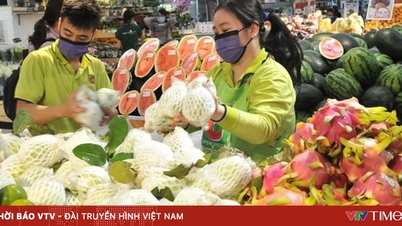

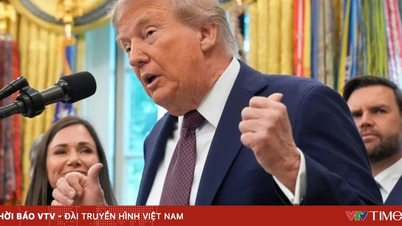
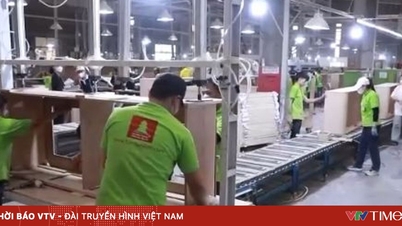


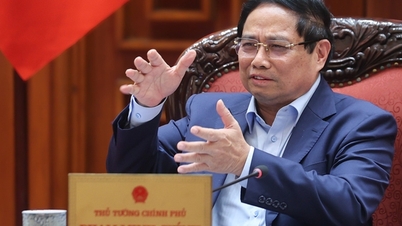
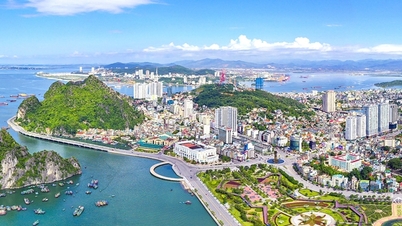


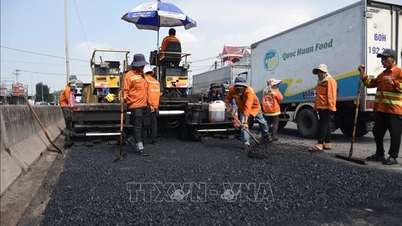
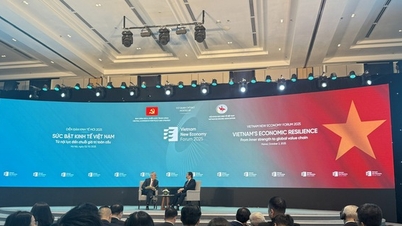
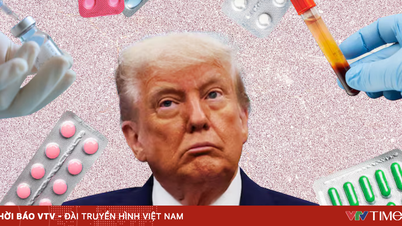





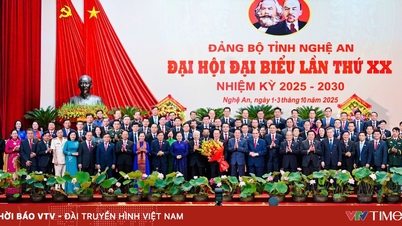


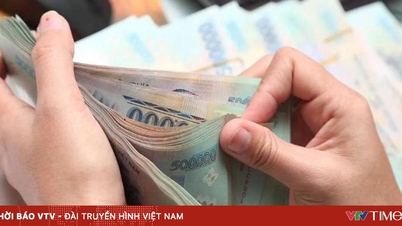
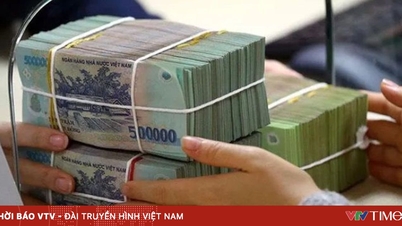













































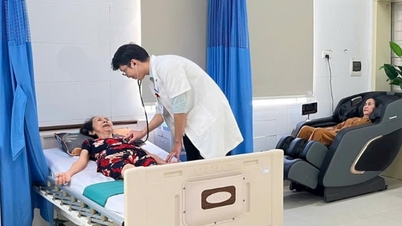


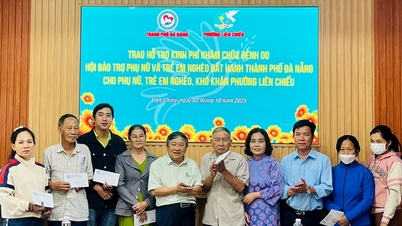
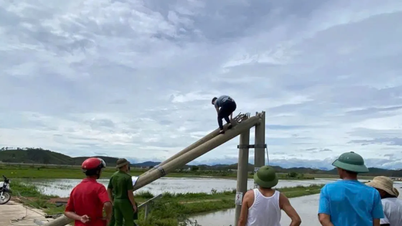

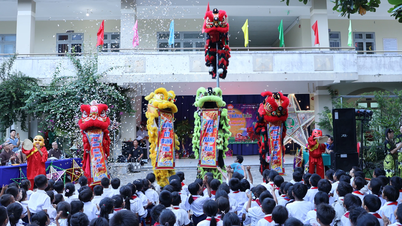

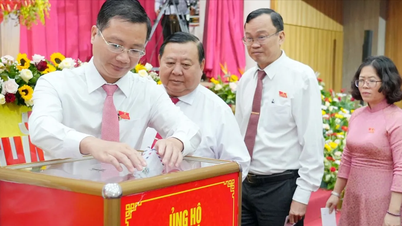













Comment (0)